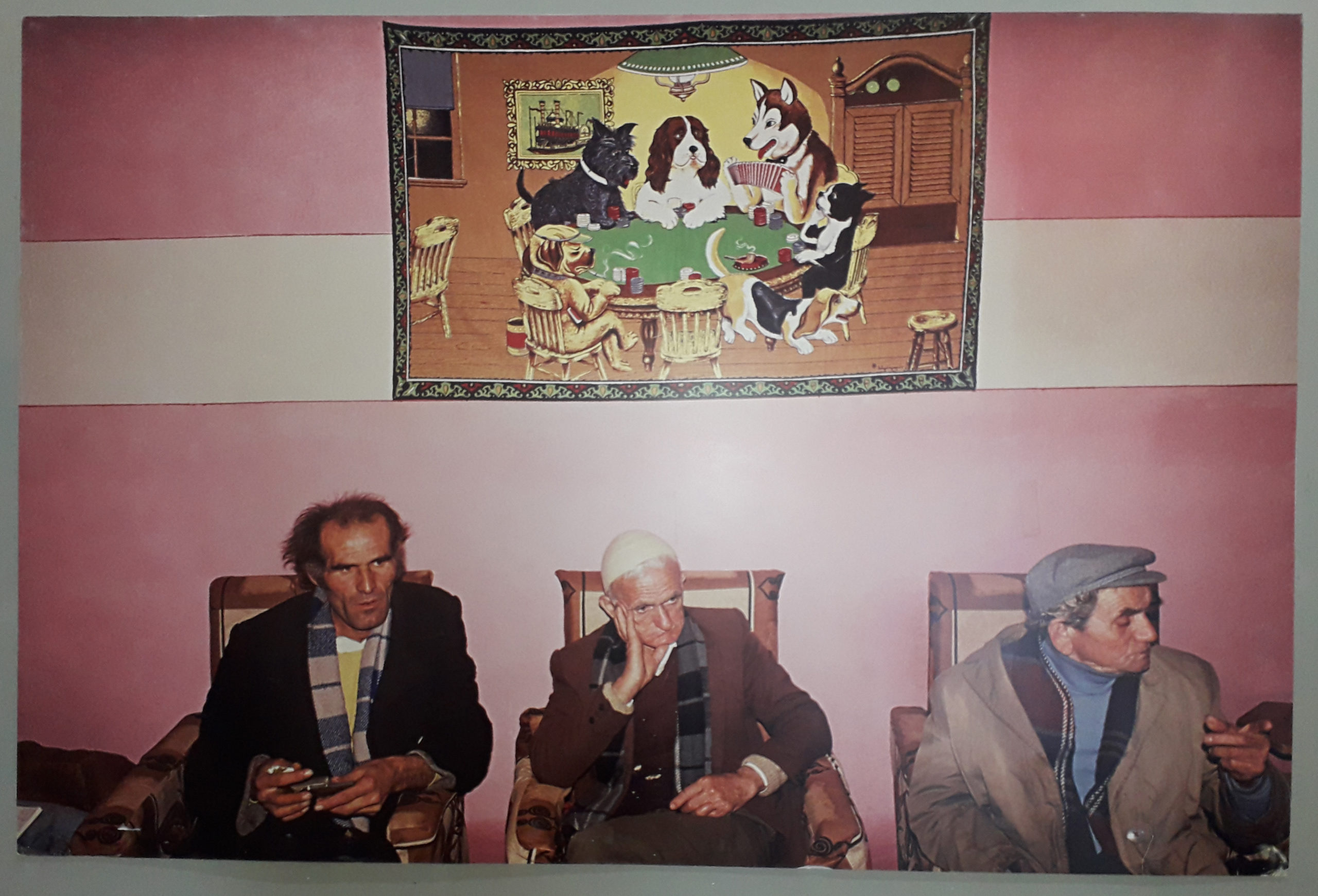Photographer and anthropologist Robert Pichler presents his photography exhibition “Flashback. Albania in the 90s” on January 24th, 2019 in Tirana. The exhibition is enabled by the Austrian Embassy, the Municipality of Tirana and the National Museum of History. This exhibition is curated by Edit Pula (j). The photo shots of the Austrian artist witness different moments of the Albanian life during the first few years after the collapse of the old political system. We can easily say that this exhibition is a reflection of our consciousness and the author has decided to awaken it. This exhibition has a “movability theme” going on, from one Albanian city to another and also from the gallery s inside space to the outside, on the side of the buses.

The entire mosaic that Pichler brings is a comprehensive picture where the landscape includes ruins; portraits of any age, gender, and social background; view of everyday life in living surroundings; festive events that do not look much as such, for the sadness and that lost feeling they carry. The apparent economic misery in this exhibition is multifaceted, but most of all, portraits suffer from disappointment, moral and spiritual whelming. The only exception in all of this is the precious ethnographic wealth inherited from another era: folk costumes and architecture (he has chosen Gjirokastra, a city he cannot leave out due to the concern for its complete ruin, in contrast to the presence of the socialist realism architecture remains, without any aesthetic and artistic value).
And yet, in Pichler’s revelation, there is life. It comes through in many ways, a young girl, leaning at the entrance to her poor home; another female silhouette running up the staircases of her tower; even in the damp school walls where children are sitting in old desks wearing clothes just as old. Thanks to Pichler’s artistic autopsy, we discover Albanian dramas, so common for Albanians themselves, who seem to agree with submission.
Masculine bleakness, female desperation, grotesque social organization, almost strange clothing as a sign of victory over the authority of the past political system, crumbling right at the edge of aesthetics, in buildings and surroundings after the 90s, are indications of the self-destruction of a society, which causes pain and surprise. The dolls in the semi-empty shop window displays (children toys) are those items that add sweetness to these feelings (childhood) and the bitterness (restricted childhood) in a society where free thinking is numb.
* Robert Pichler is a historian, anthropologist and photographer. His main research fields are family and kinship relations, migration and trans-nationalism, as well as the 19th and 20th century political history in Southeast Europe. He is a researcher at the Balkan Studies Department at the Vienna Academy of Sciences and a lecturer at the South East Europe Studies Centre in Graz.
* Edit Pula (j) is an artist / curator from Tirana. Her curatorial work is mainly focused on Albanian heritage and how it can be presented in a contemporary form. In addition to the free creation, Edit Pula works as a cultural adviser to the Mayor of Tirana.






